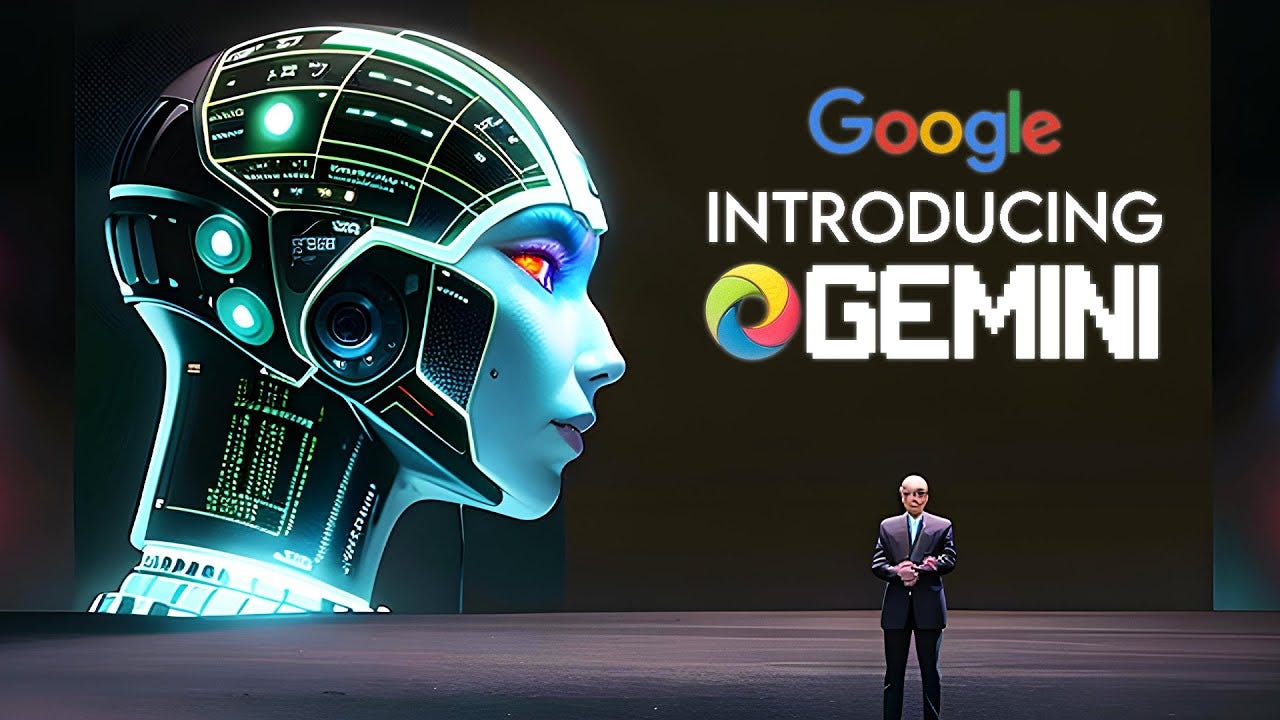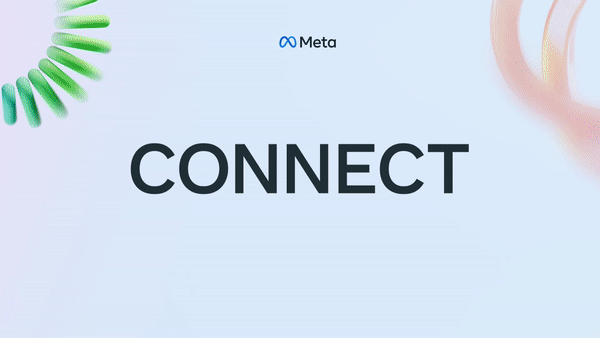AI: Meta joining GPT-4 LLM chase
...Meta, Google focused on the big dog
Meta is reportedly building on its recent open-source Llama 2 LLM AI (Large Language Model AI) with a Foundation/Frontier model that goes up against the capabilities of today’s OpenAI GPT4.
That OpenAI GPT4 model supports OpenAI/Microsoft partnership’s intricate business model of selling direct and indirect access to third parties via OpenAI’s ChatGPT, ChatGPT Plus, ChatGPT Enterprise, and Microsoft’s BingChat, Bing Enterprise, and CoPilot suite of services for Github and Office 365 productivity apps. Lot riding on GPT 4, which is a ‘sparse’, trillion plus parameter Frontier LLM AI foundation for a whole array of business models for consumers and businesses worldwide. And it’s the current leader to beat.
Which is why Google is focused on surpassing GPT 4 with its upcoming Gemini LLM AI model, which I’v outlined earlier as a critical part of its roadmap to meet and beat the OpenAI/Microsoft challenge. And now Meta, which has no dog at all in the global ‘Search’ business, with or without AI capabilities, is now focused on this endeavor. As the Wall Street Journal highlights:
“The parent of Facebook and Instagram is working on a new artificial-intelligence system intended to be as powerful as the most advanced model offered by OpenAI, the Microsoft-backed startup that created ChatGPT, according to people familiar with the matter. Meta aims for its new AI model, which it hopes to be ready next year, to be several times more powerful than the one it released just two months ago, dubbed Llama 2.”
“The planned system, details of which could still change, would help other companies to build services that produce sophisticated text, analysis and other output. It is the work of a group formed early this year by Meta Chief Executive Mark Zuckerberg to accelerate development of so-called generative AI tools that can produce humanlike expressions. Meta expects to start training the new AI system, known as a large language model, in early 2024, some of the people said.”
As I’ve outlined previously, Meta’s efforts to focus on open-source versions of Llama 2 LLM AI technologies, including its popular PyTorch development frameworks and related tools, are aimed at fostering its global AI credibility and reputation in the Developer community worldwide, as well as be a strong recruiting tool for AI talent in a white-hot AI global gold rush. It’s another way to dance for developers in an AI-focused 2023.
Oh, and throw some sand in the gears of competing big tech companies, in their budding AI businesses that do rely on more closed and proprietary Foundation LLM AI models that customers have be pay for in API access fees (transactions), subscriptions and ad-supported services.
Meta of course is focused on the last revenue stream, ad-supported dollars for targeted access to its algorithmically AI programmed TikTok inspired “For You Feeds” on Instagram, Facebook, Messenger and WhatsApp, that daily serve addictive scrolling feeds daily to three billion plus users globally. Not to mention of course the AI driven Threads service going up against Elon Musk’s X, formerly known as Twitter, not to mention Elon’s xAI and ‘Everything App’.
Meta is also expected to roll out ‘Smart Agent’ based AI capabilities for those same users at their upcoming Developer Connect conference on September 27-28, 2023. As outlined before, Smart Agents and Digital Twins are going to be an active area of new AI product and services innovation by a wide range of companies small and large.
So Meta, Google, and a dozen other competitors are spinning up Foundation LLM AI models that’ll need billions in investments each, and match if not surpass OpenAI’s GPT4 by 2024 at least. Notwithstanding what OpenAI may or may not be doing towards GPT 5.
It’s going to be a Foundation LLM AI world full of options and alternatives soon, for the next stage in this AI Tech Wave. Most running on Nvidia GPU infrastructure for the time being. Stay tuned.
(NOTE: The discussions here are for information purposes only, and not meant as investment advice at any time. Thanks for joining us here)





